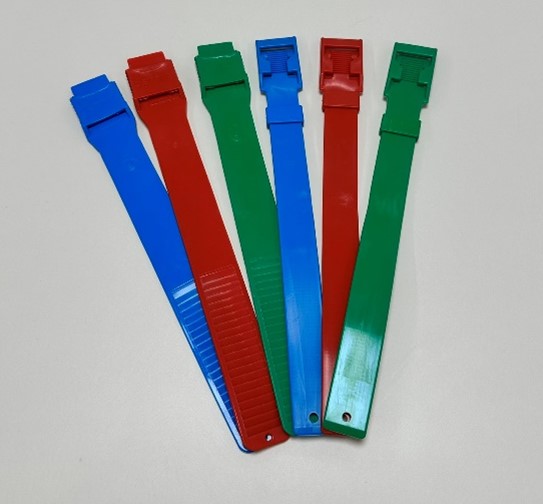The owner of Pyaterochka spoke about “consumer patriotism”

In 2022, the largest Russian retailer X5 Group (which manages the Pyaterochka, Perekrestok and Chizhik retail chains), as well as other retailers, was forced to update its assortment amid the withdrawal of some foreign consumer goods brands. The head of X5 Group, Ekaterina Lobacheva, spoke about the search for analogues to familiar brands and the change in consumer preferences in an interview with RBC.
With the start of a special military operation in Ukraine and the Western sanctions imposed in response to it, a number of major foreign companies, including manufacturers of consumer goods, decided to leave the Russian market, reduce the range or stop exports to the country. In particular, The Coca-Cola Company and PepsiCo carbonated drinks left the Russian market, P&G reduced its product range in the country, and the French group Danone intends to give up control over Russian business.
In order to solve the problem of out-of-stock items, X5 Group held special working groups last year to assess the criticality of out-of-stock items. For each product, production volumes in Russia were estimated and several replacement options were identified, says Lobacheva. The worst case scenario, as X5 Group's president explains, was the need to quickly replace the product.
“If the amount of capacity (of a replacement supplier. -) is sufficient, then, in fact, there is no crisis, because a holy place does not happen empty. If it is low, then you need to look from the point of view of direct imports - where to bring the analogue from. It turned out that there are many analogues, ”Describes Lobacheva. The brands of goods on the shelves have partially changed, but the suppliers and operators of production facilities have not changed for the most part, X5 Group's top manager assures. “Basically, the supplier is the same. Now he works not under brand A, but under brand B,” she says.
At the same time, at the moment, X5 Group has not encountered a single type of imported product that it could not replace. “Despite the fact that the list of [goods] of parallel imports has been quickly launched and is constantly growing, it turned out that there are many very good analogues in other countries, even in the category of strong alcoholic beverages,” says Lobacheva.
Read pioneerprodukt.by Why Russians are buying up real estate in the UAE “You came up with it yourself”: why parents confuse illness with psychosomatics What are the types of financial directors and which of them to hire Sly, but legal:how to leave Russia and keep the right to the 13% rateThe head of X5 Group notes that buyers are still getting used to the updated assortment on store shelves. Against the backdrop of the departure of Western brands, we see greater customer loyalty to the retailer's private label (PL) products, says Lobacheva. Among Russian suppliers, the company also notes its ambitions to replace brands falling out of sales in the Russian market. Most clearly, according to the top manager, this is noticeable in non-food categories, such as cosmetics, personal hygiene and household chemicals.
At the same time, a recent study of X5 Group suppliers showed that by the number of companies, more than half are small and medium-sized businesses. But in the volume of delivered products, their weight is less, and X5 Group plans to change this situation, says Lobacheva. The top manager explained that local suppliers are convenient in terms of logistical leverage and consumer loyalty, which began to fade to big brands amid their announcements about leaving the Russian market.
“Local assortment is about freshness, quality and, in some ways, consumer patriotism,” she lists. In addition, the products of local suppliers make it possible to stand out from the background of retail, which is focused on branded goods, adds the head of X5 Group.
The X5 Group's observations of consumer switching to local brands confirm data from market research firm NielsenIQ. By February 2023, about half of Russians (47%), due to the lack of familiar foreign brands, have completely switched or choose Russian goods more often. However, there are products, loyalty to which has not disappeared even a year after the decision to suspend production in Russia. Thus, soda under the Coca-Cola brand remains one of the leaders in sales among cola-flavored drinks in chain and non-chain retail. Imported Coca-Cola accounts for about 14% of market sales.


























































